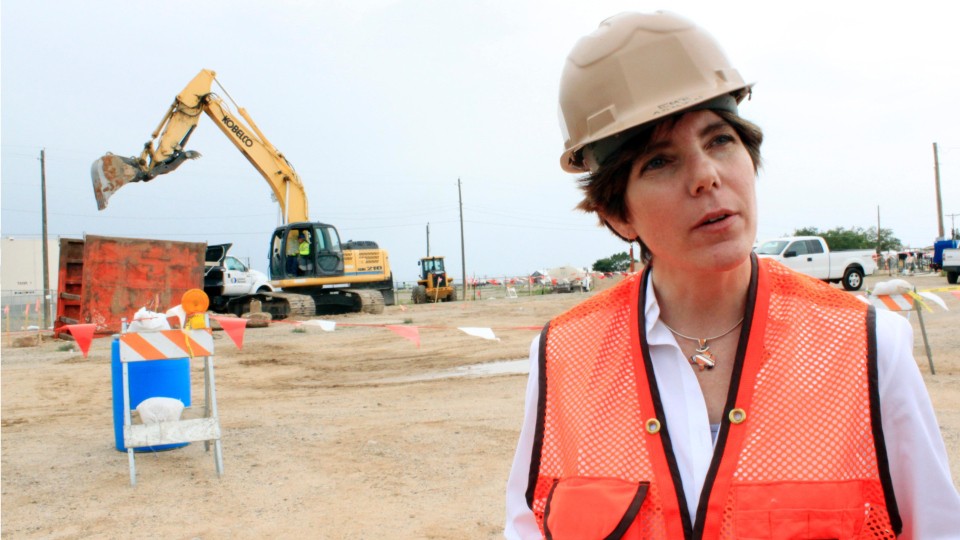Transportation Engineers
Engineer, Project Engineer, Traffic Engineer, Transportation Engineer
What they do:
Develop plans for surface transportation projects, according to established engineering standards and state or federal construction policy. Prepare designs, specifications, or estimates for transportation facilities. Plan modifications of existing streets, highways, or freeways to improve traffic flow.
On the job, you would:
- Design or prepare plans for new transportation systems or parts of systems, such as airports, commuter trains, highways, streets, bridges, drainage structures, or roadway lighting.
- Check construction plans, design calculations, or cost estimations to ensure completeness, accuracy, or conformity to engineering standards or practices.
- Prepare administrative, technical, or statistical reports on traffic-operation matters, such as accidents, safety measures, or pedestrian volume or practices.
Knowledge
Engineering and Technology
- product and service development
- design
Transportation
- movement of people or goods by air, rail, sea, or road
Math and Science
- arithmetic, algebra, geometry, calculus, or statistics
- physics
Arts and Humanities
- English language
Skills
Basic Skills
- reading work related information
- talking to others
Problem Solving
- noticing a problem and figuring out the best way to solve it
People and Technology Systems
- thinking about the pros and cons of different options and picking the best one
- figuring out how a system should work and how changes in the future will affect it
Abilities
Verbal
- communicate by speaking
- communicate by writing
Math
- add, subtract, multiply, or divide
- choose the right type of math to solve a problem
Ideas and Logic
- group things in different ways
- make general rules or come up with answers from lots of detailed information
Personality
People interested in this work like activities that include practical, hands-on problems and solutions.
They do well at jobs that need:
- Integrity
- Attention to Detail
- Analytical Thinking
- Cooperation
- Dependability
- Initiative
Technology
You might use software like this on the job:
Computer aided design CAD software
- Autodesk AutoCAD Civil 3D
- Bentley MicroStation
Presentation software
- Microsoft PowerPoint
Analytical or scientific software
- Citilabs Cube
- Trafficware SynchroGreen
Education
Education: (rated 4 of 5)
bachelor's degree
usually needed
usually needed
Job Outlook
Bright
New job opportunities are very likely in the future.
Explore More
- Civil Engineering Technologists & Technicians
- Civil Engineers
- Highway Maintenance Workers
- Traffic Technicians
- Transportation Planners
You might like a career in one of these industries:
See more details at O*NET OnLine about transportation engineers.






